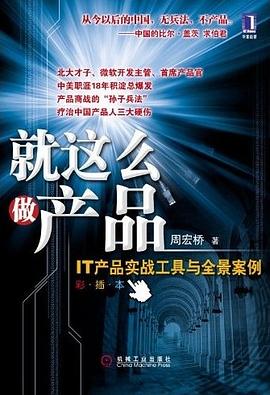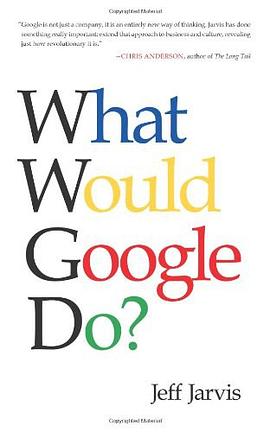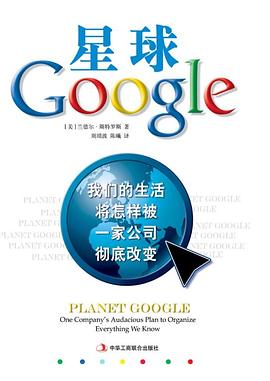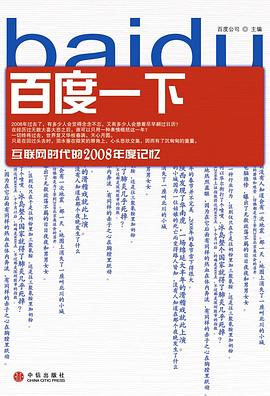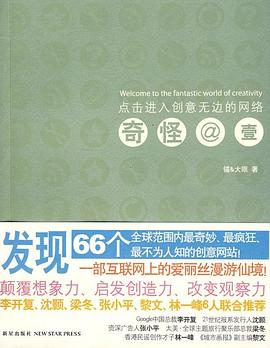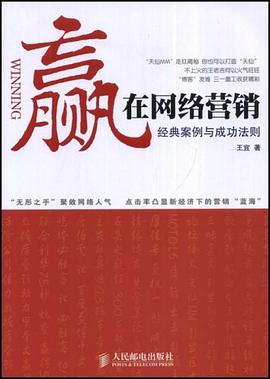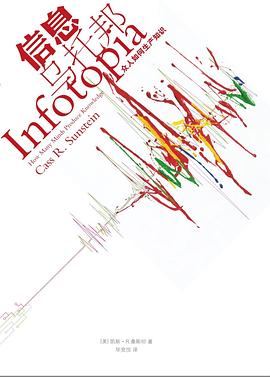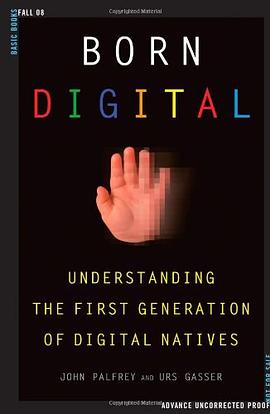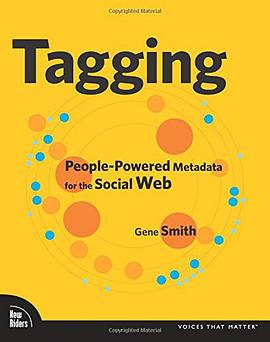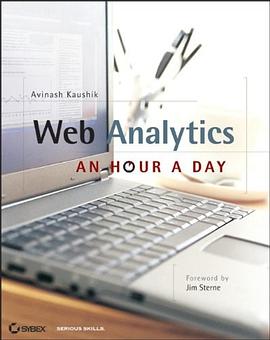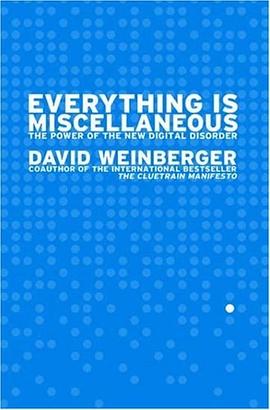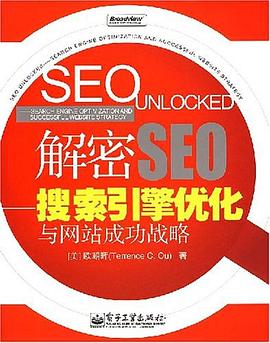

具體描述
《代碼2.0:網絡空間中的法律》在西方發達國傢已成為法律學、公共管理學、商學、傳播學、政治學和信息科學技術專業的必讀書目。對於政府管理者、法律執業者、ICT企業管理者、創意産業從業者和廣大信息工程技術人員來說,這的確是一本能夠啓迪思維的難得之作。在眾多以網絡為主題的書籍中,這是一本問世近10年但居然沒有過時的書!於是,它成為瞭經典之作,榮膺學術名著和暢銷讀物兩項桂冠。
著者簡介
Lawrence Lessig is a Professor of Law at Stanford Law School and founder of the school's Center for Internet and Society. Prior to joining the Stanford faculty, he was the Berkman Professor of Law at Harvard Law School, and a Professor at the University of Chicago. He clerked for Judge Richard Posner on the 7th Circuit Court of Appeals and Justice Antonin Scalia on the United States Supreme Court.
For much of his career, Professor Lessig focused on law and technology, especially as it affects copyright. He represented web site operator Eric Eldred in the ground-breaking case Eldred v. Ashcroft, a challenge to the 1998 Sonny Bono Copyright Term Extension Act. His current academic work addresses a kind of "corruption."
He has won numerous awards, including the Free Software Foundation's Freedom Award, and was named one of Scientific American's Top 50 Visionaries, for arguing "against interpretations of copyright that could stifle innovation and discourse online."
Professor Lessig is the author of Remix (2008), Code v2 (2007), Free Culture (2004), The Future of Ideas (2001) and Code and Other Laws of Cyberspace (1999). He is on the board of the Creative Commons project, MAPLight, Free Press, Brave New Film Foundation, Change Congress, The American Academy, Berlin, Freedom House and iCommons.org. He is on the advisory board of the Sunlight Foundation and LiveJournal. He has served on the board of the Free Software Foundation, the Electronic Frontier Foundation, the Public Library of Science, and Public Knowledge. He was also a columnist for Wired, Red Herring, and the Industry Standard.
Professor Lessig earned a BA in economics and a BS in management from the University of Pennsylvania, an MA in philosophy from Cambridge, and a JD from Yale.
Professor Lessig teaches and writes in the areas of constitutional law, contracts, and the law of cyberspace.
圖書目錄
· · · · · · (收起)
讀後感
最近DNS老是有问题,不知道是不是DNS服务器的问题,只好装了一个Simple DNS Plus来缓存DNS数据,效果果然好了很多,不过我看到了我那头可爱的小驴却丝毫不受DNS的影响,下载着小泉彩的写真,心中不免有点感慨,多年前还是eDonkey+ISDN的时候,google还没有被封,GFW也不是那么...
評分 評分注:半年前看得这本书,写这篇的时候手头也没有书可再回头翻看,而思想的未来那本还没来得及看,仅凭印象写写自己的一些思考。 劳伦斯莱斯格的这本书被称为“网络空间法律的圣经”,我倒更想把法律两字去掉,因为这本书所涵盖的内容远超过法律的范畴。这是一本创世之书,虽然...
評分注:半年前看得这本书,写这篇的时候手头也没有书可再回头翻看,而思想的未来那本还没来得及看,仅凭印象写写自己的一些思考。 劳伦斯莱斯格的这本书被称为“网络空间法律的圣经”,我倒更想把法律两字去掉,因为这本书所涵盖的内容远超过法律的范畴。这是一本创世之书,虽然...
評分“互联网并不是天生就是自由的,当初就差点往控制的方向发展了。而对互联网未来的走势,不是律师说了算,而是你们程序员,写代码的人说了算......”几年前在DDJ上听到以上言论时,很是耳目一新,程序员当真有这么大的能量?不记得是谁说上面的话了,直到看了这本《代码》才突然...
用戶評價
在人大關門針對網絡立法的時候,真有必要重讀此書
评分我承認自己有點網絡白癡,當初是抱著趕時髦的心態去讀的,但結果發現,的確寫得很好,國內的網絡法書籍簡直沒法比,此書不愧為經典之作……
评分正式嘗試涉獵人工智能與法律論文寫作時在圖書館翻到這本書,隨後在第一篇拙作中引用瞭一個書中的小故事。2019-12-08 學院召開法理研討會,一位老師的發言是關於這本書,纔發現這本書是瀋偉偉老師翻譯的。真的蠻巧的。不過要趕飛機,先溜瞭…
评分十分艱難地啃完瞭,算是啃懂瞭一部分吧。。。囧
评分這本書充分證明技術並非中立,互聯網公司對互聯網內容提供應擔起重要責任
相關圖書
本站所有內容均為互聯網搜索引擎提供的公開搜索信息,本站不存儲任何數據與內容,任何內容與數據均與本站無關,如有需要請聯繫相關搜索引擎包括但不限於百度,google,bing,sogou 等
© 2025 book.quotespace.org All Rights Reserved. 小美書屋 版权所有

